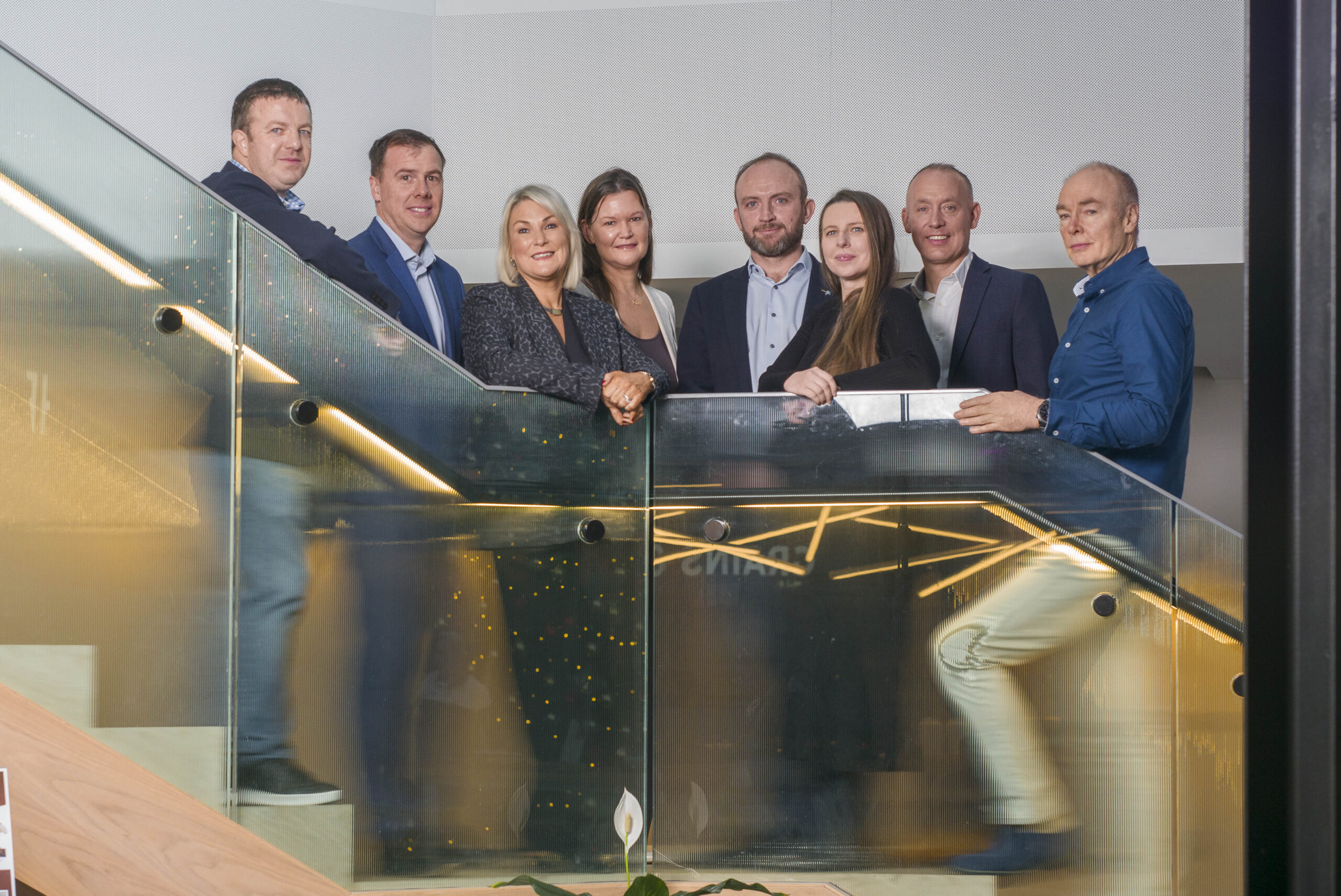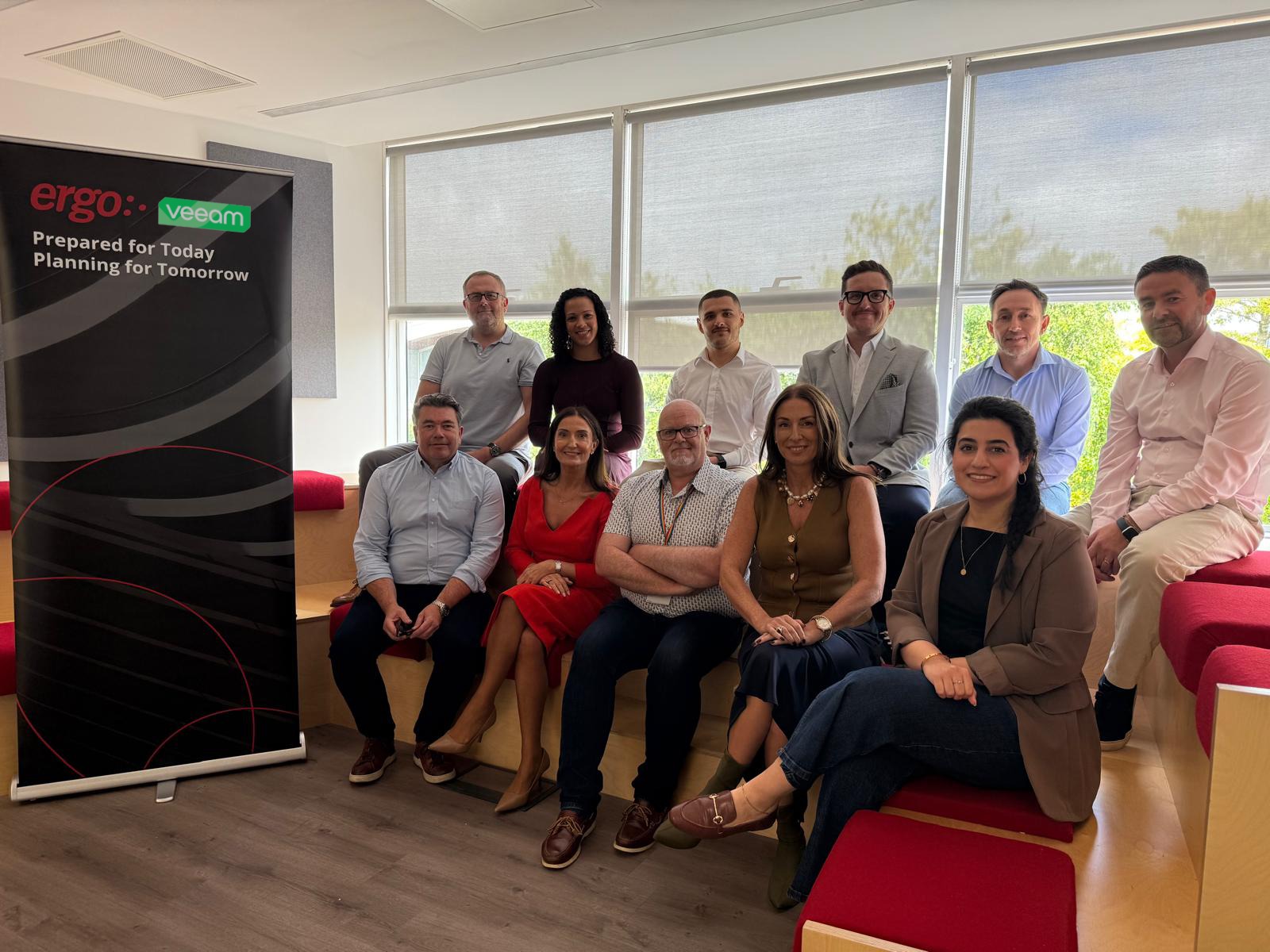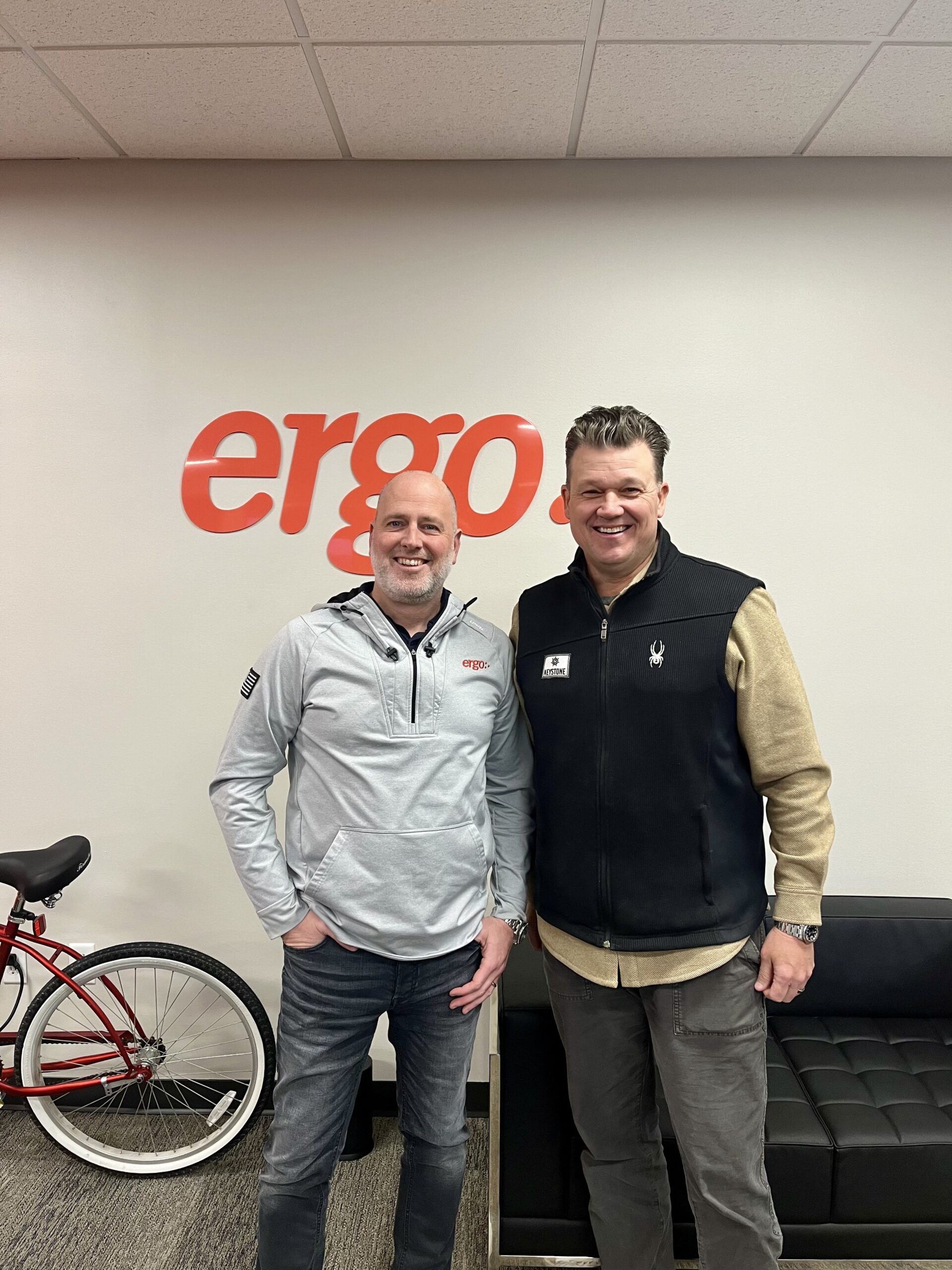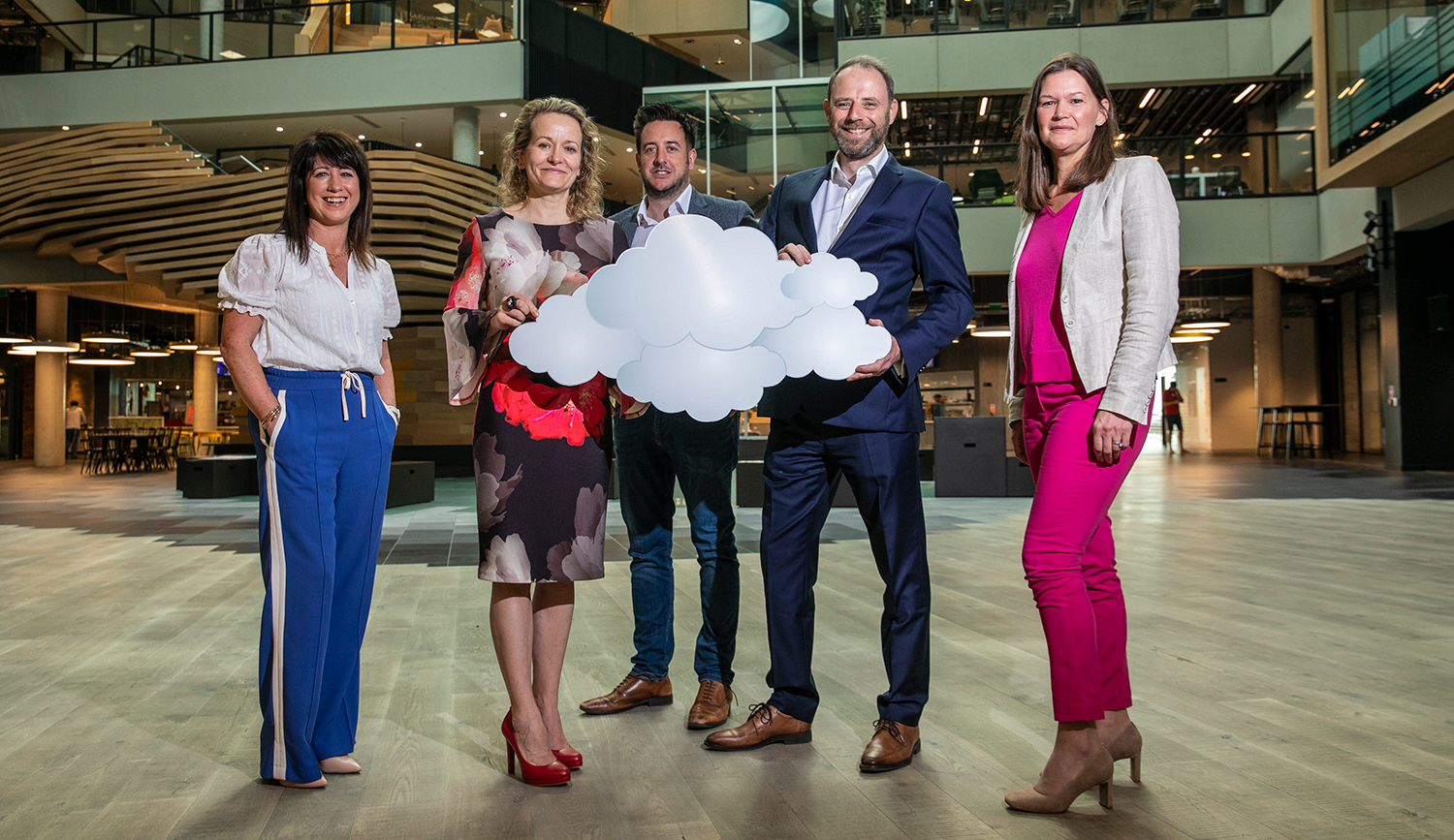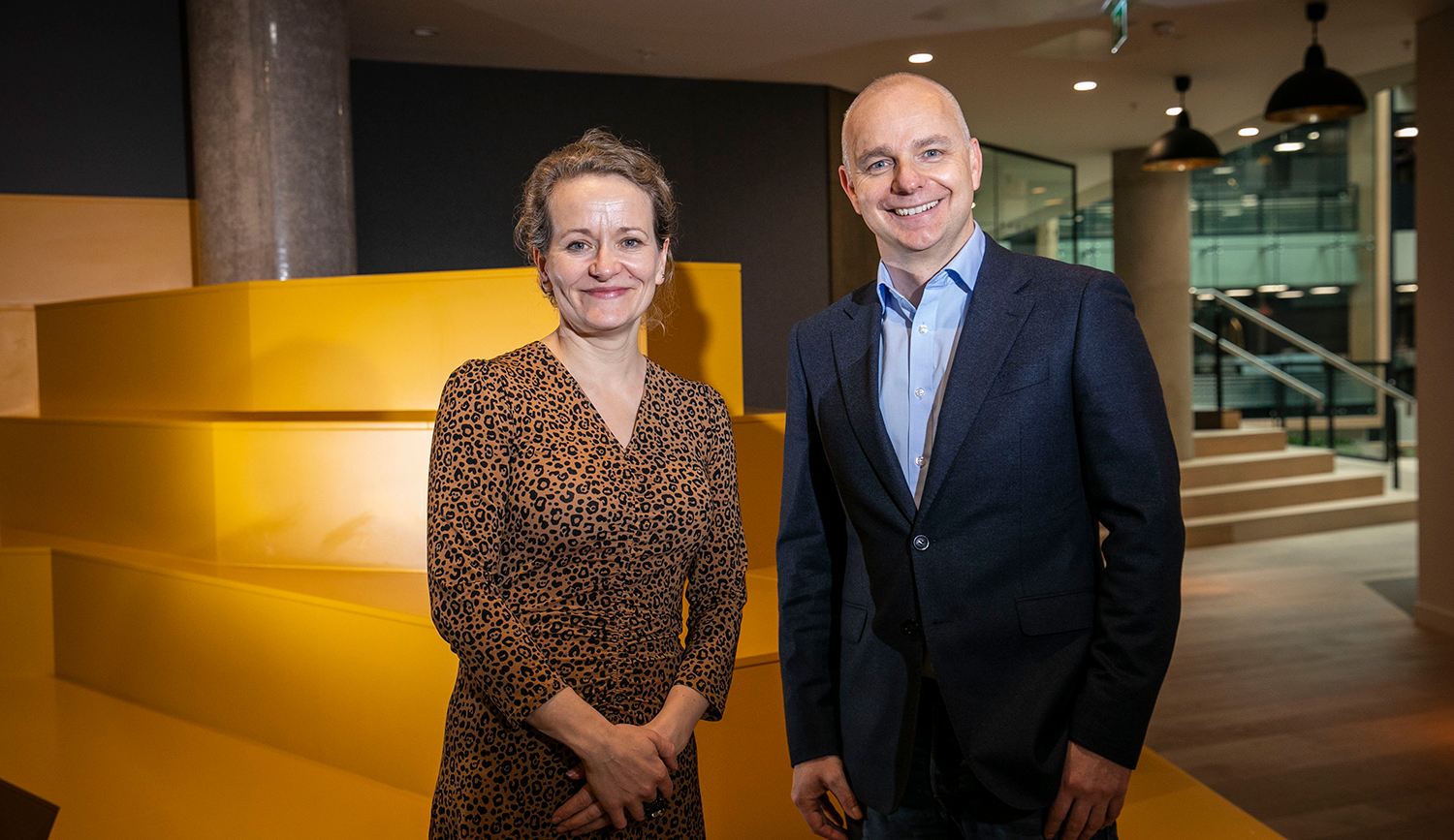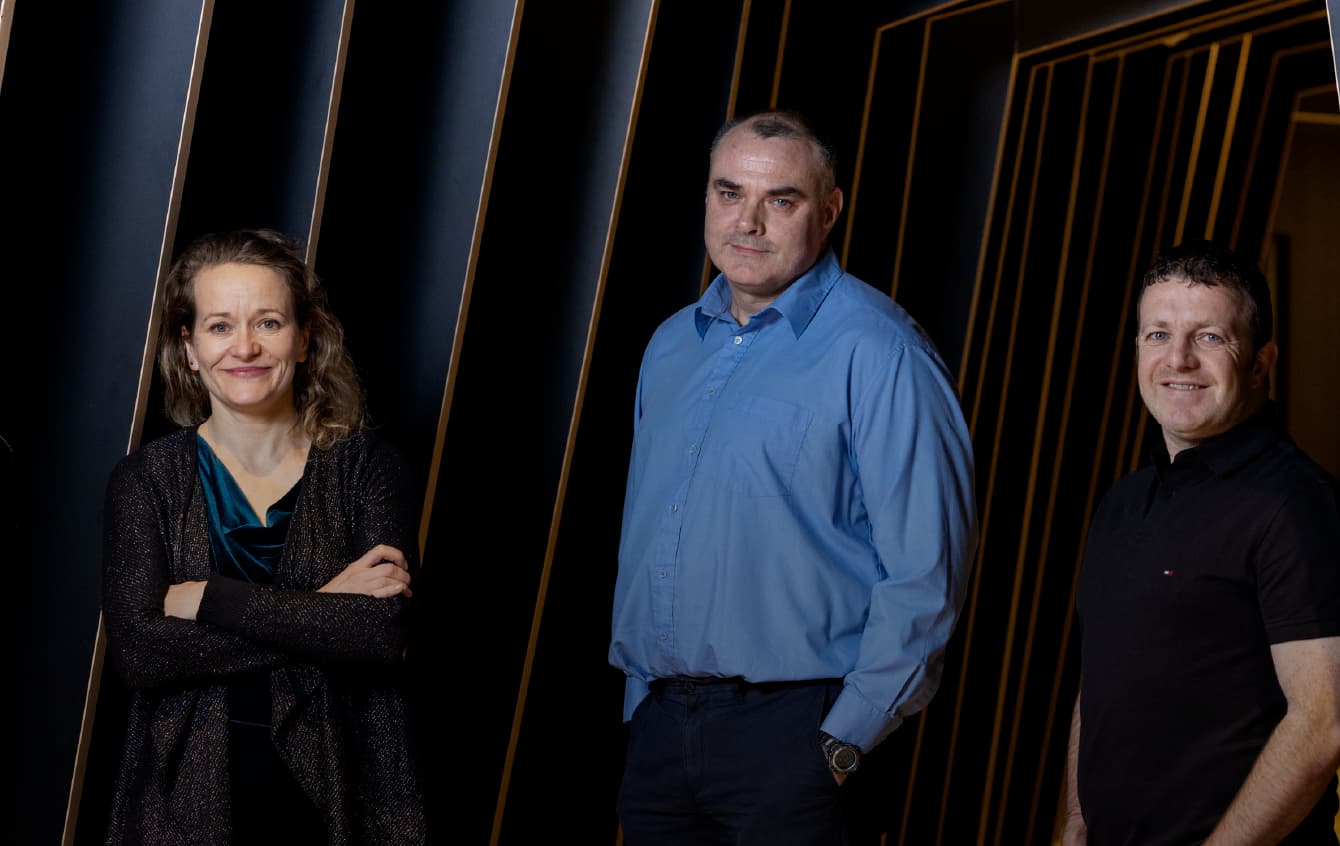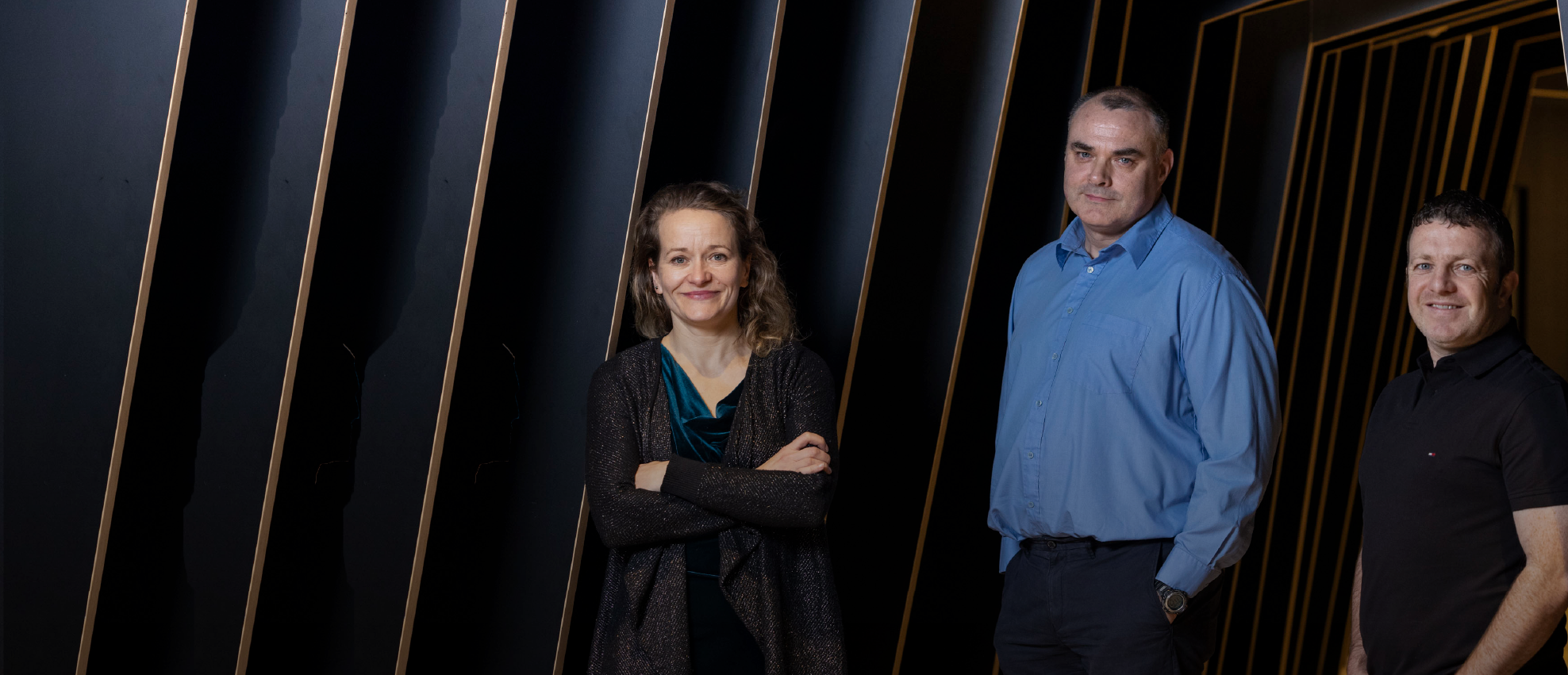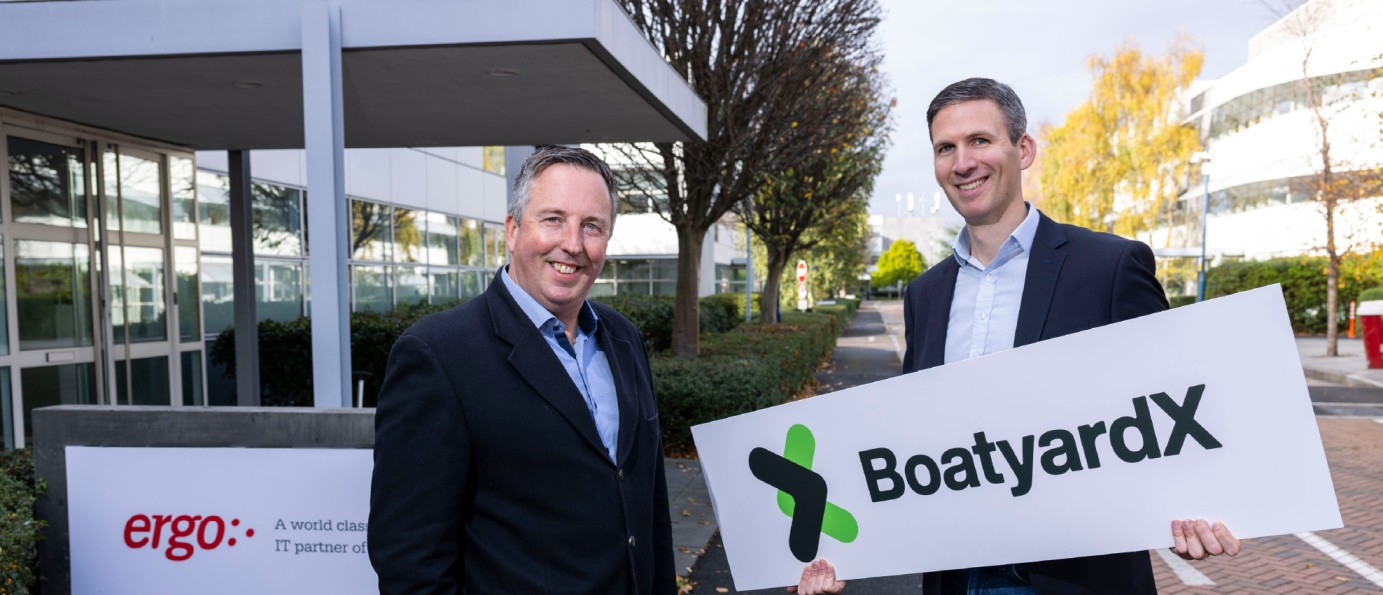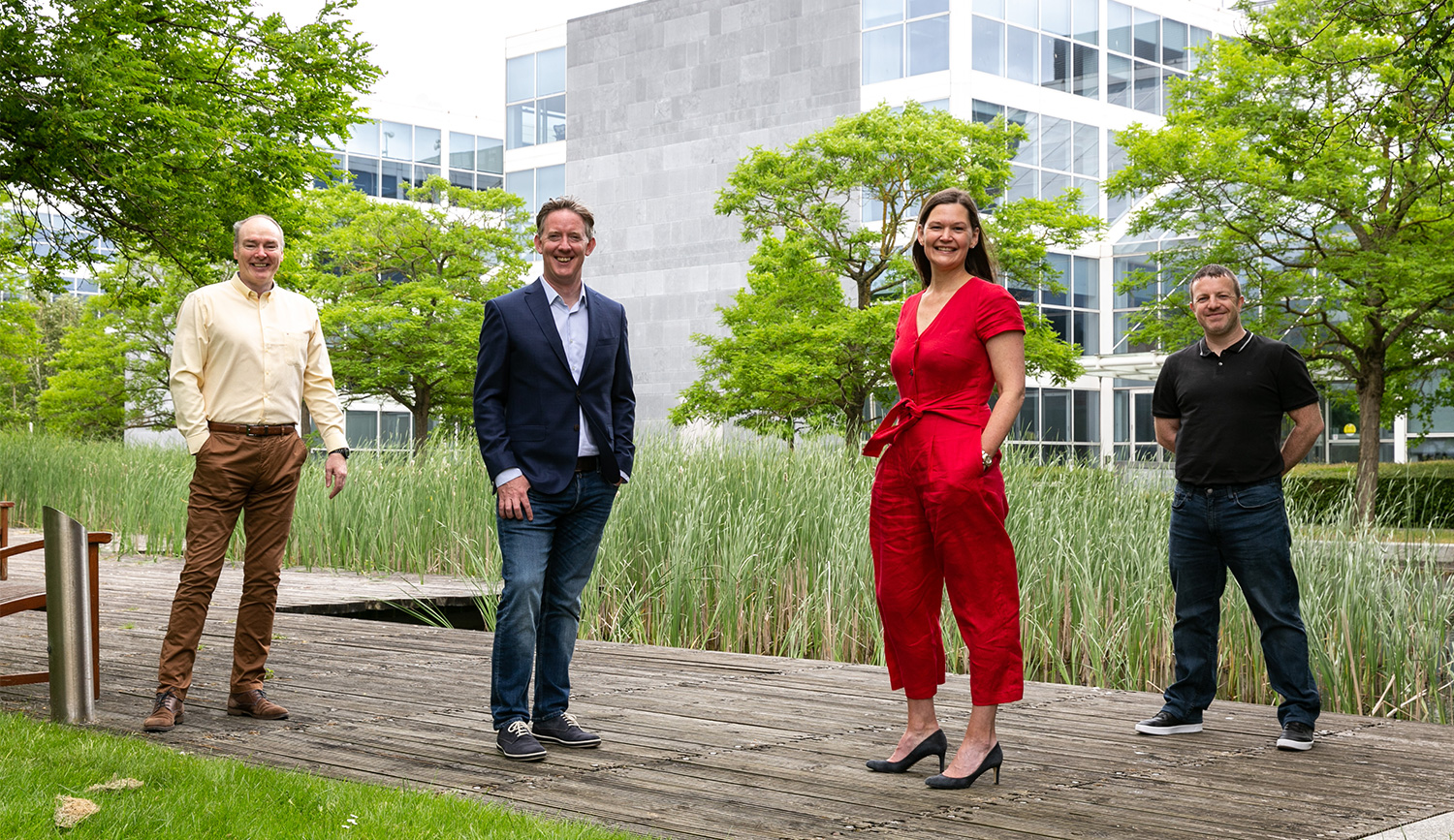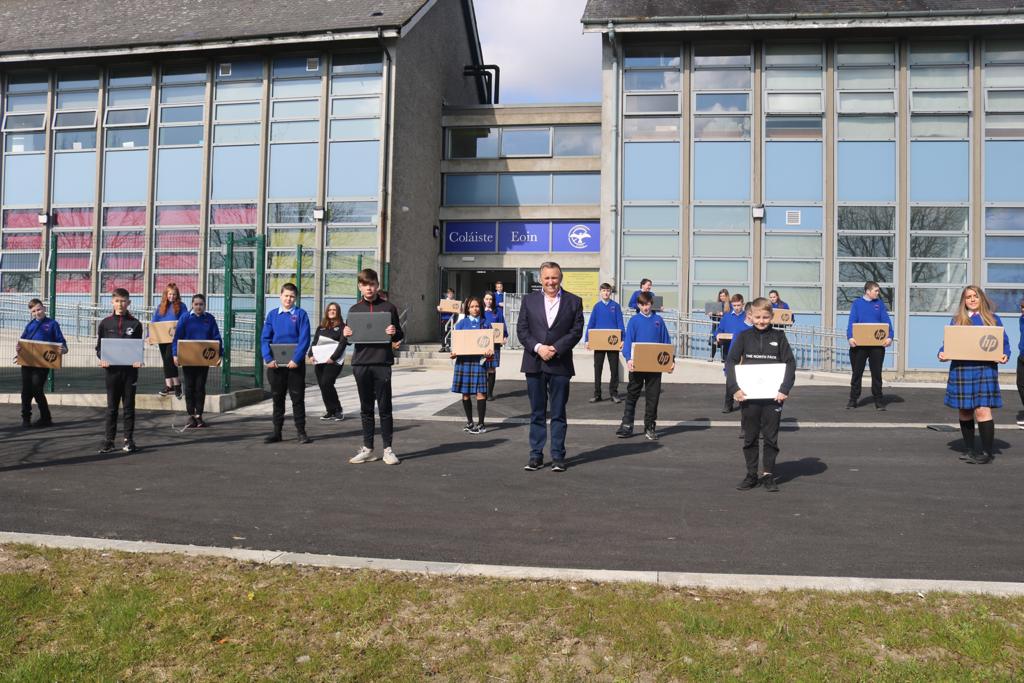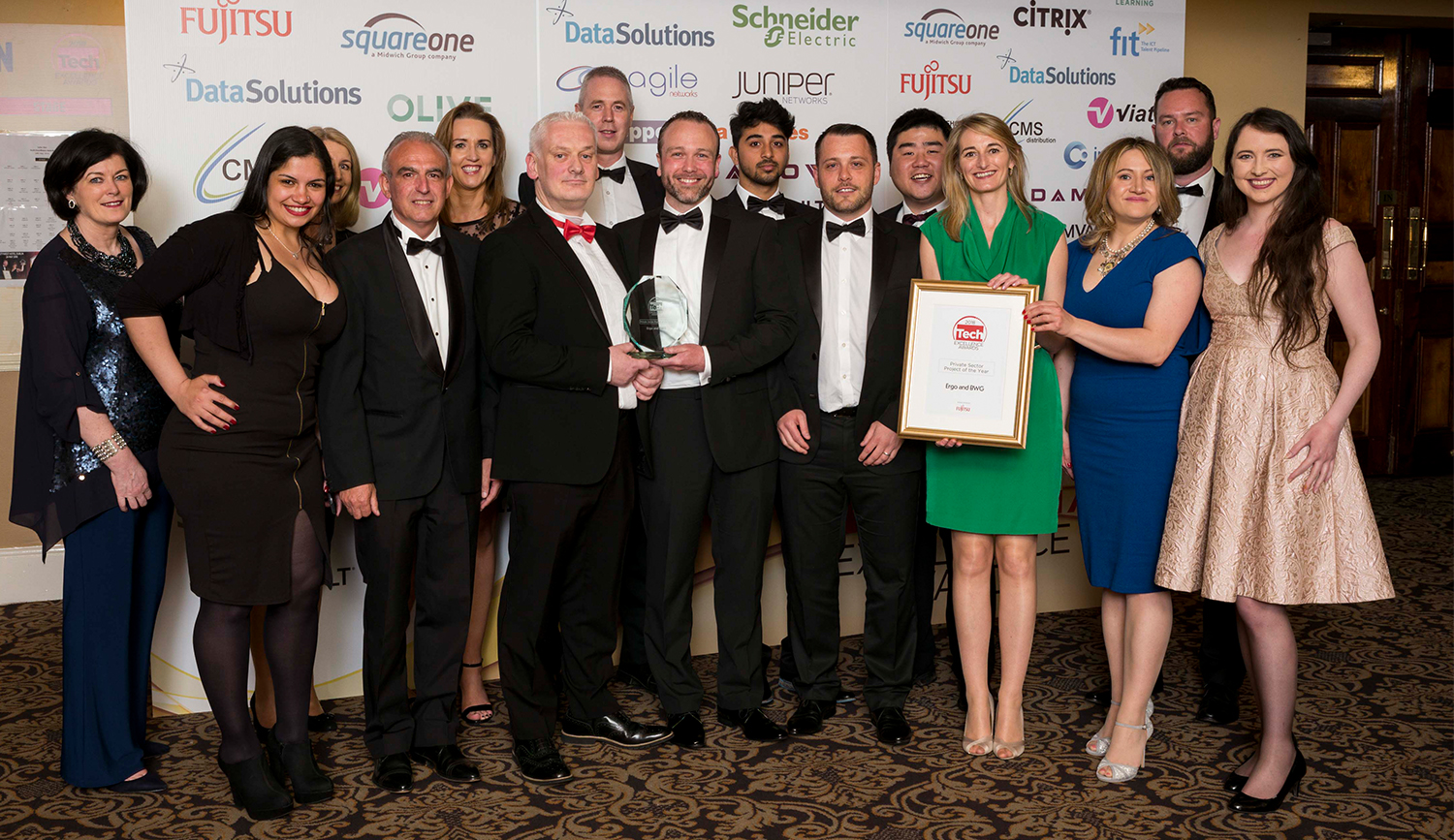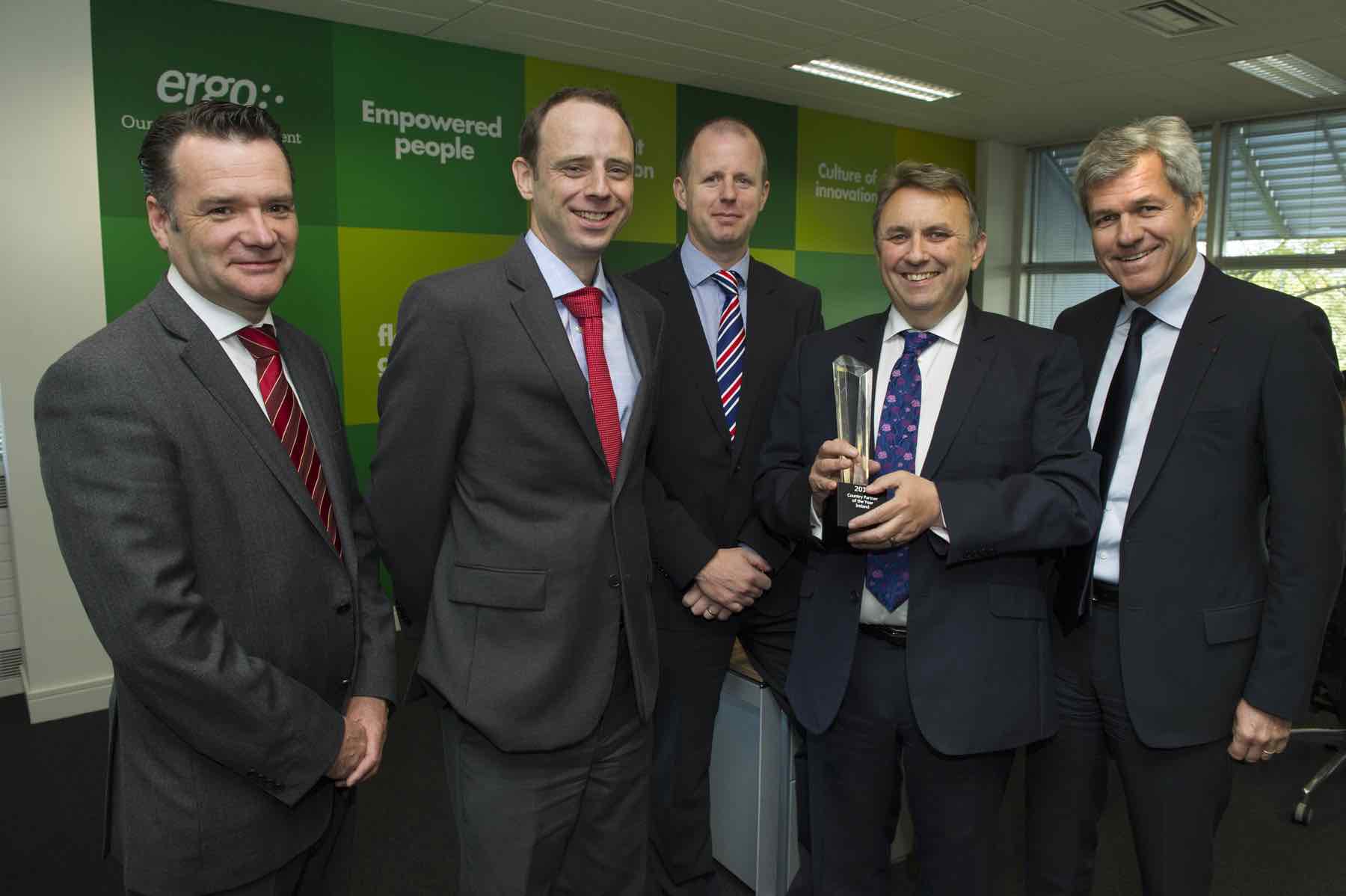Client
Deanta
Technology
Azure
Deanta is a leading publishing solutions provider operating in the academic, STEM, legal and professional markets. With a focus on innovation, Deanta integrates cutting-edge technologies to help its clients achieve greater speed, accuracy, and cost-effectiveness in content production.
The Problem
Deanta was looking to incorporate AI capabilities into their publishing platform Lanstad. First, they wanted to enhance the accuracy of XML element assignment for publishing materials while reducing the manual effort and associated costs of relying on a human team to validate and correct metadata. In academic publishing, metadata such as titles, abstracts, keywords, author information, and subject categories are essential for indexing. High-quality metadata ensures that content is easily searchable by both researchers and aggregators.
The second goal of the AI application was to efficiently and precisely analyse and identify all elements of the publishing content provided by publishers, facilitating a seamless conversion into XML format. XML, or eXtensible Markup Language, is used in the publishing industry to create structured content using tags. It helps in seamlessly repurposing content across various platforms, including print media, ebooks, and websites. The implementation of the new app aimed to reduce review time and enhance accuracy.
The Solution
Deanta partnered with Ergo, a Microsoft Cloud Solution Provider with deep expertise in cloud migration and deploying AI/ML workloads on Azure. The company also highly valued Ergo’s relationships with Microsoft and ability to navigate and utilise Microsoft’s programmes available for customers.
Azure Landing Zone deployment
After the initial consultation, Ergo recommended deploying a Microsoft Azure Landing Zone, following Microsoft Cloud Adoption Framework best practices. Stakeholders across Deanta participated in in-depth solution architecture workshops to ensure alignment on requirements and design principles. Security and reliability were paramount for this project, which was assured by Ergo’s implementation of measures such as role-based access control, MFA for privileged roles, separation between production and non-production workloads, as well as redundancy for business-critical workloads to guarantee availability in the event of a failure. To optimise costs, budget and resource management controls were introduced.
As a result, the new Landing Zone not only supported the current AI initiative but also laid the foundation and simplified future AI-project delivery by establishing governance, security, and operational configurations.
Element Prediction application
Following the successful deployment of the Landing Zone, Ergo and Analytics Engines, Ergo’s partner and a leading provider of AI and data-driven solutions, conducted a series of strategic workshops with Deanta. These sessions helped to identify AI use cases aligned with Deanta’s business goals and data landscape to further fine-tune the initial request.
The result was the development and deployment of the Element Prediction application, leveraging Azure OpenAI services. Azure OpenAI was chosen for its robust governance and security controls, combined with access to advanced LLM models and ability to customise them for specific business needs. The new solution was designed to enhance content structuring and metadata extraction by applying predictive analytics and natural language processing.
The Element Prediction application leverages a modular pipeline that processes Deanta’s DOCX manuscripts for metadata element assignment. At its core, the application harnesses GPT-4o’s vision analysis capabilities via Azure OpenAI, creating a foundation for comprehensive document understanding and metadata extraction.
The implementation features an engineered prompt that maximises the model’s effectiveness in recognising and classifying document elements while understanding their contextual relationships. This approach enables the system to handle complex document structures with precision, automatically identifying and categorising diverse content types including mathematical equations, multilingual text, footnotes and code blocks.
The application delivered results with over 90% accuracy and precision, a substantial improvement over the previous 60% accuracy benchmark, and processing time of~20 seconds per document page.
This automated application transformed the document metadata identification and assignment process, dramatically reducing manual intervention while maintaining quality standards. The system successfully addressed previously challenging detection scenarios and represents a significant advancement in automated document processing, combining predictive analytics and natural language processing for workflow optimisation, delivering measurable improvement in accuracy while maintaining efficiency.
The Impact
- The new Azure Landing Zone established a robust foundation to support the company’s future AI and cloud initiatives.
- Increased Accuracy: Automated metadata assignment significantly reduced manual corrections with over 90% accuracy and precision.
- Operational Efficiency: Less human intervention led to faster data processing (processing time of ~20 seconds per page).
- Business Insight: Enhanced correlation between metadata and sales metrics enabled better decision-making.
At Deanta, we are committed to effecting positive change in the publishing industry by delivering cutting-edge solutions. We believe in the positive impact that AI and LLMs can bring to the industry. That’s why creating a new future-proofed landing zone to support our AI development was a strategic initiative for us. This enables us to introduce generative AI models that automate and enhance traditional production processes, such as XML generation, indexing, content styling, proofreading, and analytics. The Element Prediction application, has significantly boosted project delivery speed and, thus, customer satisfaction.
CEO, Deanta
Conclusion
The Azure “Enterprise” Landing Zone designed and deployed by Ergo aligns with Microsoft’s Cloud Adoption Framework, which allows it to be scaled and modified accordingly as the cloud journey matures. It accelerates adoption of new AI projects, as it can simply be extended for new use cases while ensuring they are secure and meet standards for modern cloud native applications.
The new Element Prediction application has enhanced metadata and content processing, greatly reducing manual interventions and effort. The adoption of AI technology in a responsible and secure method is helping to transform the publishing landscape and helps position Deanta as a leader in academic publishing technology.

